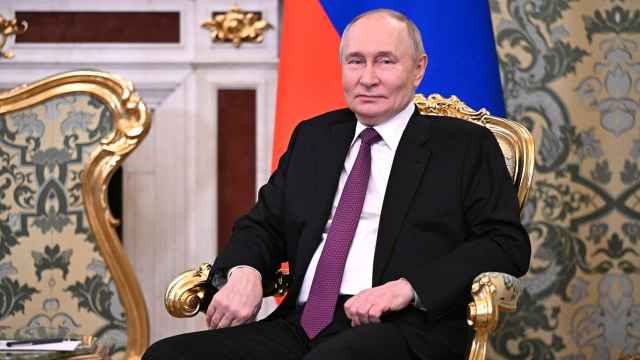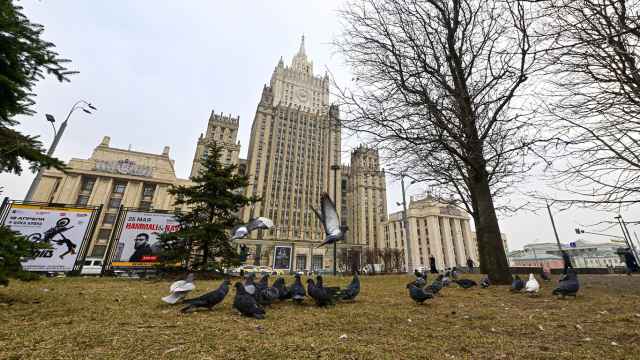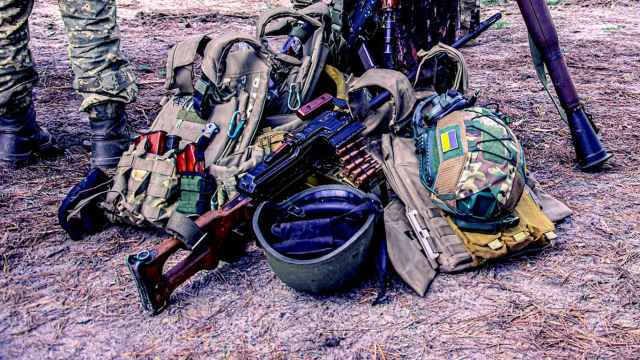When an Aeroflot plane from Moscow took an unusually southerly course to Havana on Thursday, it quickly triggered speculation that American fugitive Edward Snowden could be on board.
But the plane was probably just avoiding turbulence, like other aircraft that crossed the Atlantic yesterday. There was no sign of Snowden on arrival — he remained at Sheremetyevo airport in Moscow, where he was to meet human rights groups Friday.
Still, aviation experts said such speculation was not without merit. Due to protections offered by international aviation rules, a commercial flight may be Snowden's best bet for a ticket to asylum, trumping private jets or government planes.
Commercial carriers have the freedom to use airspace of other countries, known as the "First Freedom of the Air," the centerpiece of a complex but well-established system that keeps global air transportation running smoothly.
"One of the principles of the Chicago Convention system is that commercial carriers have the right of overflight, or the right to do things like stop for fuel, without seeking permission from the country over which they are flying," said aviation lawyer Simon Phippard of U.K.-based law firm Bird & Bird.
Government aircraft, on the other hand, technically need permission before they can legally enter a foreign country's airspace. Any doubts that U.S. allies would bar Snowden's way ended last week when several European countries barred Bolivian President Evo Morales' plane from entering their airspace when he was traveling home from Moscow.
Snowden, a former spy agency contractor, is wanted by Washington for leaking top-secret U.S. surveillance programs. Morales said he was refused entry because of suspicions that Snowden was on board, though aviation lawyers said a country does not need any reason other than exerting its sovereignty to deny another government's plane.
"Every state on the basis of state sovereignty has the right to deny overflight to state aircraft," said John Mulligan, a research fellow at the International Aviation Law Institute at DePaul University in Chicago.
The legal grounds for preventing a private charter plane, such as a business jet, from entering a country's airspace are more complex and open to a patchwork of different rules and interpretations, but legal experts agree it would be harder to stop a commercial flight than a state or private plane.
Russia has grown impatient about Snowden's stay in transit at Sheremetyevo Airport, and likely wants him gone before Moscow hosts a meeting of finance ministers from the Group of 20 nations next week.
But any flight that takes Snowden through U.S. skies, or those of an ally, is fraught with risk, no matter what the international aviation rules say.
Although President Barack Obama said last month that he is "not going to be scrambling jets to get a 29-year-old hacker," U.S. officials say Washington has warned countries that there would be "consequences" if they let Snowden land or pass through without turning him over to U.S. authorities.
There are no direct commercial flights from Moscow to Venezuela, Nicaragua and Bolivia, the three Latin American countries that have offered Snowden asylum. The most obvious route is through Havana but Cuba has not said whether it would allow him to pass through.
Snowden had planned to take a flight to Havana with Aeroflot on June 24, less than 24 hours after his arrival in Moscow, sparking a frenzy of international media demand for tickets on the flight. But airport sources said he pulled out at the last minute, probably because the lane usually flies over the United States.
Assisted by the WikiLeaks anti-secrecy group, Snowden could be looking for flights that hop from one country that is ideologically opposed to the United States to another.
Most long-haul commercial flights heading west from Moscow go over at least one European country. A potential option is a commercial flight to Tehran. He could then try to reach an African country such as Sudan or Angola, which might be ready to risk U.S. wrath. But there are no direct flights from Iran to either country.
Snowden could look at flights east to Shanghai, Beijing, Hanoi or Ho Chi Minh City, but they involve flying over countries that might object, and China has shown no interest in harboring him.
A private charter with a specially tailored route could take him north over the Arctic and then south over the Atlantic, avoiding U.S. and its allies' airspace. A former CIA analyst quoted by Foreign Policy magazine referred to this as the "scenic route" and estimated the journey at 11,000 kilometers.
But where would the plane refuel, who would foot the potentially huge bill and where would Snowden get such a plane? There are no obvious answers.
The longest-range business jet in the world, according to its manufacturers, is the Gulfstream G550, made by a unit of General Dynamics. Its brochure boasts a range of 6,750 nautical miles (12,501 kilometers) but that could be shortened by the need to leave spare fuel for emergencies, especially when traveling over long stretches of ocean.
Private charters from Moscow to Caracas are advertised for about 100,000 euros without counting the extra mileage needed to thread his way between unfriendly airspace.
Snowden might yet opt for a less obvious means of transport, perhaps heading northwest from Moscow by boat or taking the Trans-Siberian Express train across Russia toward Asia. There is virtually no trade between Russia and Venezuela, so hopping on a merchant ship is hardly likely to be an option, though.
Such trips would be slow, leaving him vulnerable, and involve leaving the precincts of the transit zone and formally stepping on Russian soil, something Moscow has made clear it wants to avoid.
Some Russian sources have suggested a foreign embassy car would not be considered Russian territory, opening up the possibility of a road trip across Russia. Where he might go is unclear but Belarus is in striking distance and has antagonistic relations with the United States.
Both Snowden and Russian authorities will want to avoid repeating the fate of Iranian refugee Mehran Karimi Nasseri, who spent about 18 years in Paris' Charles de Gaulle Airport. His experience inspired the Tom Hanks film "The Terminal," which was shown on Russian satellite television this week.
A Message from The Moscow Times:
Dear readers,
We are facing unprecedented challenges. Russia's Prosecutor General's Office has designated The Moscow Times as an "undesirable" organization, criminalizing our work and putting our staff at risk of prosecution. This follows our earlier unjust labeling as a "foreign agent."
These actions are direct attempts to silence independent journalism in Russia. The authorities claim our work "discredits the decisions of the Russian leadership." We see things differently: we strive to provide accurate, unbiased reporting on Russia.
We, the journalists of The Moscow Times, refuse to be silenced. But to continue our work, we need your help.
Your support, no matter how small, makes a world of difference. If you can, please support us monthly starting from just $2. It's quick to set up, and every contribution makes a significant impact.
By supporting The Moscow Times, you're defending open, independent journalism in the face of repression. Thank you for standing with us.
Remind me later.





